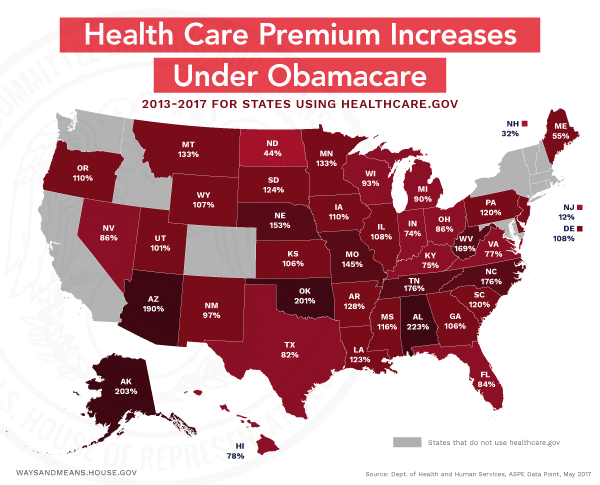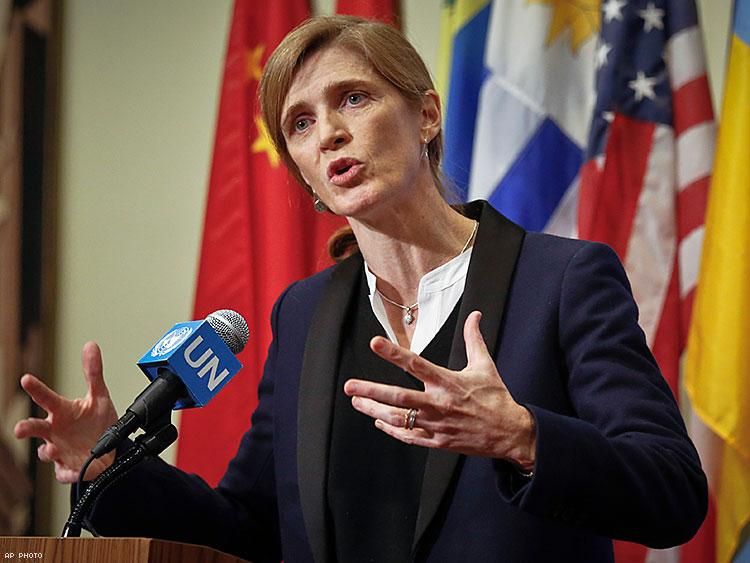During his time at the Defense Intelligence Agency, Flynn had access to all kinds of covert operations and intelligence and tactics. After being fired by Barack Obama, it appears Flynn applied some of the schemes and plots in civilian life as he maneuvered his way into the Trump campaign orbit. There is much more to all this intrigue with regard to Turkey/Gulen/Flynn Intel Group LLC. Below are some key items.
Kidnapping
WASHINGTON/McClatchy
In part: Days after Donald Trump’s stunning election victory, Michael Flynn phoned former CIA Director James Woolsey about taking another stint as head of the spy agency in the new administration, but then added a condition, Woolsey said.
Woolsey/NBC
Flynn said the CIA director “would be expected to report to him,” not the president, Woolsey told McClatchy in a phone interview. Woolsey, who led the CIA in the first two years of the Clinton administration, said he promptly rejected the offer because there are times that he would need to “call on the president face to face.”
Washington attorney Robert Kelner, who is defending Flynn in the face of FBI, Pentagon and congressional investigations into his ties to Russia and Turkey, said Woolsey’s account is “false.” Kelner did not elaborate.
McClatchy reported May 17 that in the final days of the Obama administration, and without divulging the identity of his Turkish client, Flynn took a step directly benefiting Turkey. He asked the Obama administration to hold off plans to arm Syrian Kurds, a plan to which Turkey objected, for an invasion of Raqqa, the de facto capital of the terrorist group ISIS, short for the Islamic State.
Flynn’s resignation stemmed from misleading comments about whether he discussed U.S. sanctions against Russia during phone conversations with Russian Ambassador Sergey Kislyak on Dec. 29, 2016.
On that day, three weeks before Trump took office, President Barack Obama expelled 35 Russian diplomats and toughened other sanctions on Vladimir Putin’s government as punishment for a Kremlin cyber offensive aimed at interfering with last year’s U.S. elections and helping Trump win the Oval Office.
It’s not clear whether Trump okayed Flynn’s rerouting of the president’s longtime line of authority over the CIA, which provides daily intelligence updates on matters around the globe.
Flynn had listed Woolsey as a member of an advisory board to his company, Flynn Intel Group, but Woolsey said he never received any compensation and had no contract or official role. He did attend one meeting, in September, and said he left deeply troubled.
Woolsey said he arrived late to the meeting and found Flynn and some Turkish government officials brainstorming a plan to kidnap and fly to Turkey one of the country’s leading dissidents – Muslim cleric Fethullah Gulen, whom Ankara has accused of assisting in a failed military coup attempt last summer. Gulen is living in a heavily secured compound in Pennsylvania.
“They were working on the assumption that they could take Gulen,” said Woolsey, who told the Wall Street Journal in March that such a scheme would be illegal.
Woolsey said Flynn began the Nov. 14 phone call, which occurred a couple of days before Flynn was formally named national security adviser, by saying the Trump administration would be “restructuring the intelligence community” and asked if he would “be willing to be director of the CIA.” The full story here.
Fetullah Gulen
Producing a Documentary
Unfinished documentary
In part Reuters: Mueller, who takes over leadership of an FBI investigation that began last July, can present evidence to grand juries and hear testimony from witnesses.
Trump fired Flynn in February after it became clear that he had falsely characterized the nature of phone conversations he had with Russian ambassador Sergey Kislyak in December, just after the Obama administration imposed new sanctions on Russia for what U.S. intelligence agencies had concluded was a Kremlin-led effort through computer hacking, fake news and propaganda to boost Trump’s chances of winning the White House.
Flynn’s work for Inovo came under scrutiny after he published a commentary on a political news website on Election Day calling Gulen a “radical Islamist” who should be extradited to Turkey.
Along with the editorial, the Flynn Intel Group also produced a 75-page report on Gulen based mainly on news reports and some video footage for a documentary that was never made, according to three people familiar with the project.
Alptekin, who is chairman of the Turkey-U.S. Business Council, told Reuters he was satisfied with Flynn’s research because it had helped him understand how Gulen’s network operates in the United States.
He said the $530,000 payment to Flynn’s firm came “mostly” from his personal funds.
On Nov. 18, the day after Flynn was appointed Trump’s national security adviser, Trump transition team lawyer William McGinley raised concerns on a call with the Flynn Intel Group and others involved in the Inovo project over who had paid for Flynn’s commentary, according to two people with knowledge of the conversation.
Flynn did not participate in that call, they said.
At the time of the call, Flynn had not disclosed that his work for Alptekin meant he was being paid to represent Turkish interests during the election campaign. Flynn Intel Group had said in a September 2016 filing that it was lobbying for Inovo but did not disclose its Turkish links. In March, Flynn retroactively registered under the Foreign Agents Registration Act.
In a letter accompanying the March filing, Flynn’s lawyer, Kelner, said the disclosure was being made because Flynn’s work for Inovo “could be construed to have principally benefited the Republic of Turkey,” which he noted was seeking to extradite Gulen.
The House of Representatives intelligence committee, which is also investigating Russian interference in the election, subpoenaed records from Flynn on Wednesday. The Senate’s intelligence committee, which has a separate probe under way, has also served subpoenas on Flynn and two of his businesses, and earlier this week Flynn indicated that he would start turning over relevant materials.



 Susan Rice
Susan Rice Samantha Power
Samantha Power
